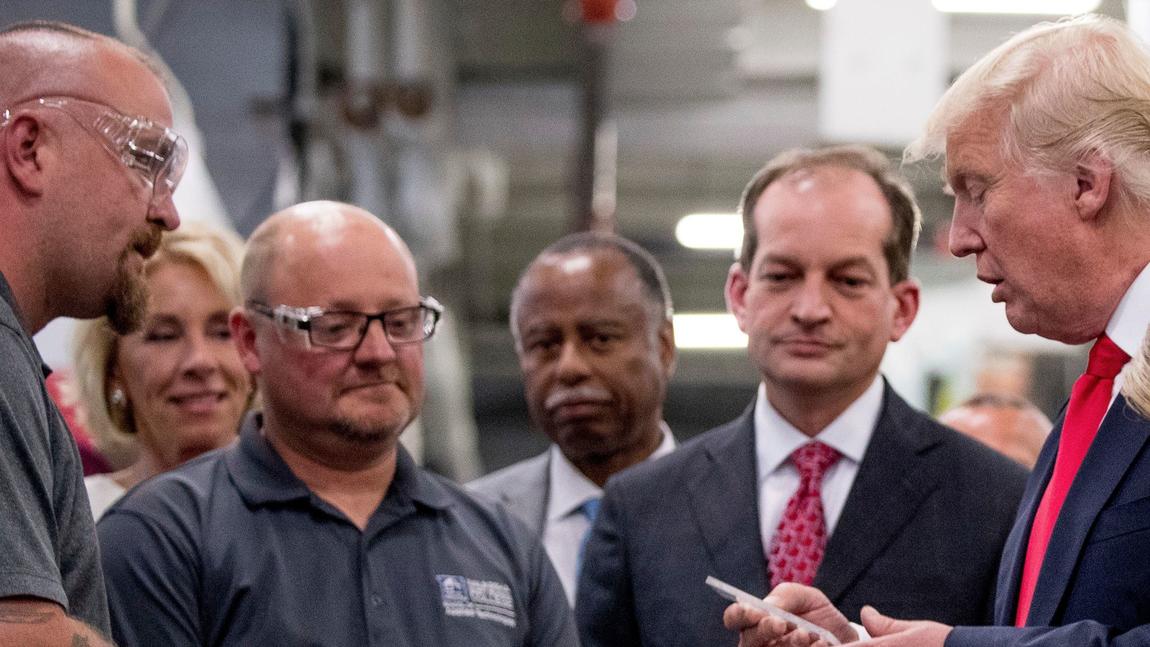A case being briefed before the Supreme Court will challenge the legality of a common practice by employers – forcing potential hires to sign contracts waiving their right to sue.
The LA Times recently ran an editorial covering the ramifications of the case, brought against Murphy Oil USA by four former employees.
At the time of the dispute, Murphy Oil operated gas stations across the country, in 22 states.
When the lead plaintiff, Sheila Hobson, was hired by Murphy Oil in 2008, she was asked to sign a contract waiving her right to sue in the case of workplace disputes.
Two years later, Hobson and three of her colleagues tried to sue, saying that Murphy had stiffed them on ‘overtime and off-the-clock labor, including driving around to check prices at competing gas stations.’
Murphy responded with a straightforward demand: that Hobson and the other disgruntled employees drop the case, citing the contract the four had signed during the hiring process. Like many other companies, Murphy Oil’s waiver replaced the possibility of going to court with internal arbitration.

Rather than giving up or submitting to a corporate arbitration, the plaintiffs filed a complaint with the National Labor Relations Board – a decision which the LA Times regards as having set the case on track to be heard by the Supreme Court.
The newspaper’s editorial board condemned contractual waivers of the right to redress as ‘an egregious practice,’ considering the regularity with which employers foist such conditions onto would-be hires.
While the Solicitor General’s office had agreed to back the plaintiffs under Barack Obama, the Trump administration – perhaps not surprisingly – rescinded the assistance.
Trump officials also submitted a brief in favor of the employers, leaving the National Labor Relations Board to defend itself alone.
The editors concluded:
“The right to seek justice through the courts is guaranteed under the 1st Amendment, which says citizens may “petition the government for a redress of grievances.” That’s true even when the grievance is against an employer, or a neighbor, or a mobile phone provider. A half-dozen employees with the same complaint — discrimination, unsafe working conditions, systematic failure by the employer to follow wage laws — should be able to stand together to hold their employer accountable. That right, in fact, is fundamental to the right to organize a union or engage in collective bargaining. But it is also a fundamental right for any individual who believes he or she has been wronged to seek justice before a judge or a jury.”
Sources
Companies await Supreme Court ruling on attempts to curb class-action lawsuits
Editorial You shouldn’t have to give up your right to sue to get a job


Join the conversation!